Property Insurance on the Rise?
January 22, 2021 | By chad siemer
I’ve seen posts on neighborhood social media groups and pages such as Facebook and Nextdoor from homeowners asking if others have seen their home insurance rates go up dramatically this year. This is a trend that appears to be happening statewide and the real estate industry is taking note.
There are many factors that play a role in insurance rate increases such as weather events, population changes, home type, proximity to hazards, previous claim on the home or by the homeowner, claims from other homeowners in your area, and even the price and availability of reinsurance.
But lawmakers and insurance officials alike are grappling with the double-digit rate increases we have been seeing. And when homeowners are no longer able to buy a policy on the private market they turn to Citizens Property Insurance. The overall health of the property insurance market is often reflected in the number of homeowners getting coverage from Citizens, which was created as an insurer of last resort.
The number of Citizens policies ballooned after the 2004 and 2005 hurricane seasons and had 1.47 million policies in 2011. Many programs were created that aimed to shift customers to private insurers, Citizens’ policy numbers were lessened to 427,000 policies in 2018. But as the private market worsened, the count went to 532,000 policies in 2020 and according to Floridarealtors.org, is projected to increase to 630,000 policies or more this year.
“I have not seen any evidence that the trends we are seeing now are going to reverse,” said Fla. Insurance Commission Altmaier says, referring to double-digit homeowner’s policy rate increases and the greater number of policies in Citizens.
Another theory behind the increase is the increased number of property claims that are not coming from the homeowners, but rather solicitors. Many insurance-industry officials, regulators and lawmakers contend that the property-insurance system is plagued by excessive litigation and questionable claims.
“These don’t appear to be normal roofing claims in which a consumer notices that they’ve had a loss and calls their insurance companies, but instead solicitations,” Altmaier said.
But Sen. Annette Taddeo, D-Miami, asked Altmaier what the state is doing to prevent potentially fraudulent roofing claims.
“Wouldn’t that be fraud, and what are we doing to go after what I would call bad roofers?” she asked.
Seemingly questioning the arguments about excessive litigation, Sen. Darryl Rouson, D-St. Petersburg, also asked whether regulators had “been able to detect any trends or patterns on the part of insurance companies, carriers, that have indicated bad conduct or low-balling or anything like that.”
Altmaier said regulators have looked at such issues after hurricanes.
“So far our findings do not indicate that we have any kind of systemic, market-wide approach by insurance carriers that would indicate that they are low-balling claims or things of that nature,” Altmaier said. “Based on the information that I have seen; it seems more as if the disputes arise from whether or not there actually is a covered loss.”
Sen. Doug Broxson, R-Gulf Breeze, said the state is always going to have “bad behavior,” but the insurance market is on an unsustainable course in which consumers won’t be able to afford premiums.
“The simple question we have today is what are we willing to do,” Broxson said. “What are we willing to do as a Legislature to protect all the consumers, not the ones that benefit temporarily from getting a roof or getting a new kitchen, but all those others that are paying the premium. And the debate is simply, who are we here to protect?”









